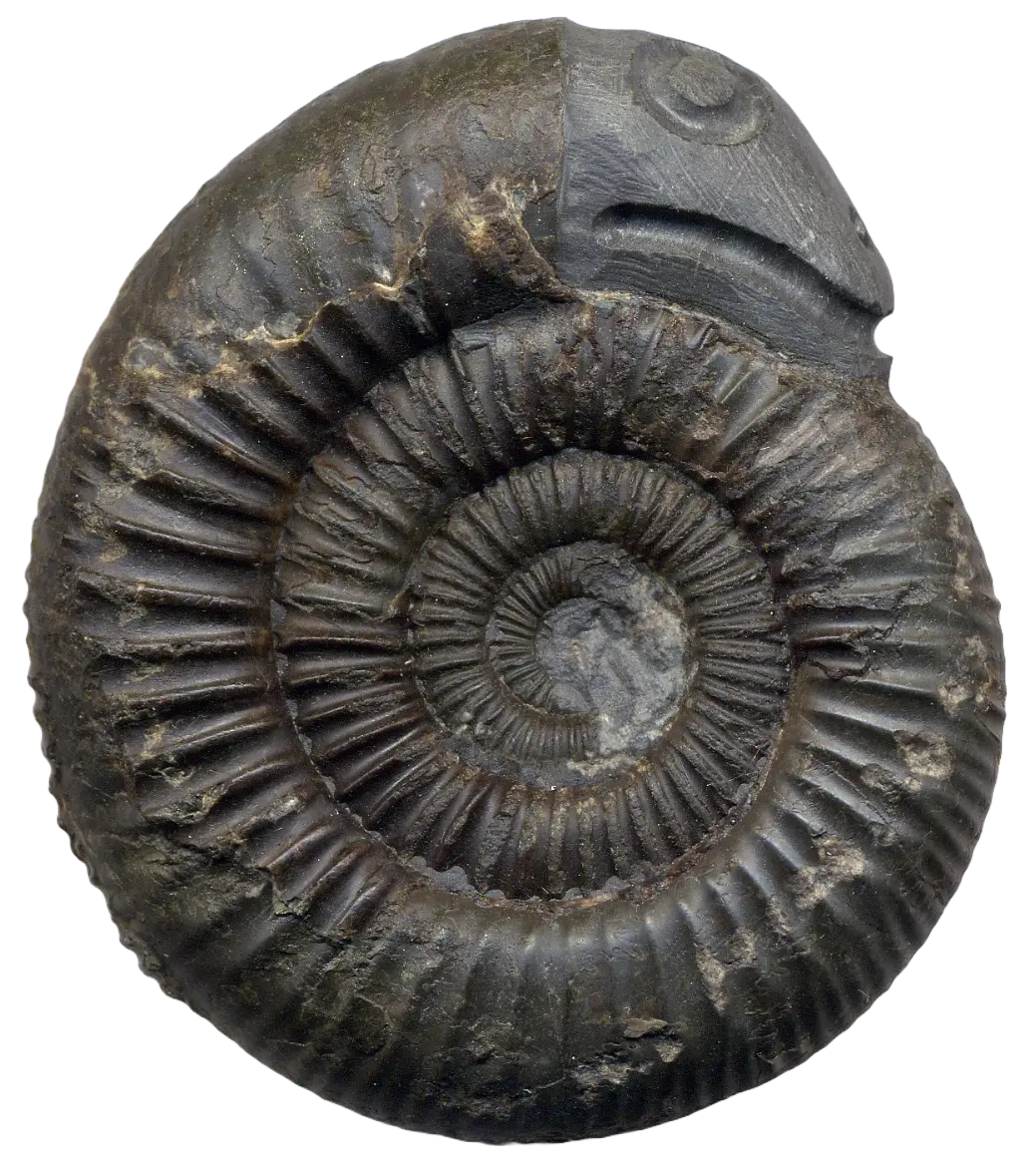When Richard Forrest walks along the Lyme Regis beach on the Jurassic coast in Dorset, he carries in his small backpack a pointed pick, a geological hammer and an old kitchen knife. But he very rarely uses them until he is back home with a rock or two to work on. “The most important thing to take with you is your eyes,” he says. “And learn what it is you’re looking for.”
Forrest is a fossil finder and has spent more than 50 years on Britain’s beaches hunting for evidence of the country’s prehistoric past. The Jurassic coast, stretching 95 miles (150km) across Devon and Dorset, is world famous for its treasure trove of ammonites and other fossils that lie, in many places, conspicuous beneath visitors’ feet. Others are hidden within the cliffs, only exposed after heavy rains bring on one of the regular landslips. “The best feeling is when you find something you think is potentially interesting and then you get it home and discover that wow, this is really interesting,” he says. “That feeling is amazing.”


